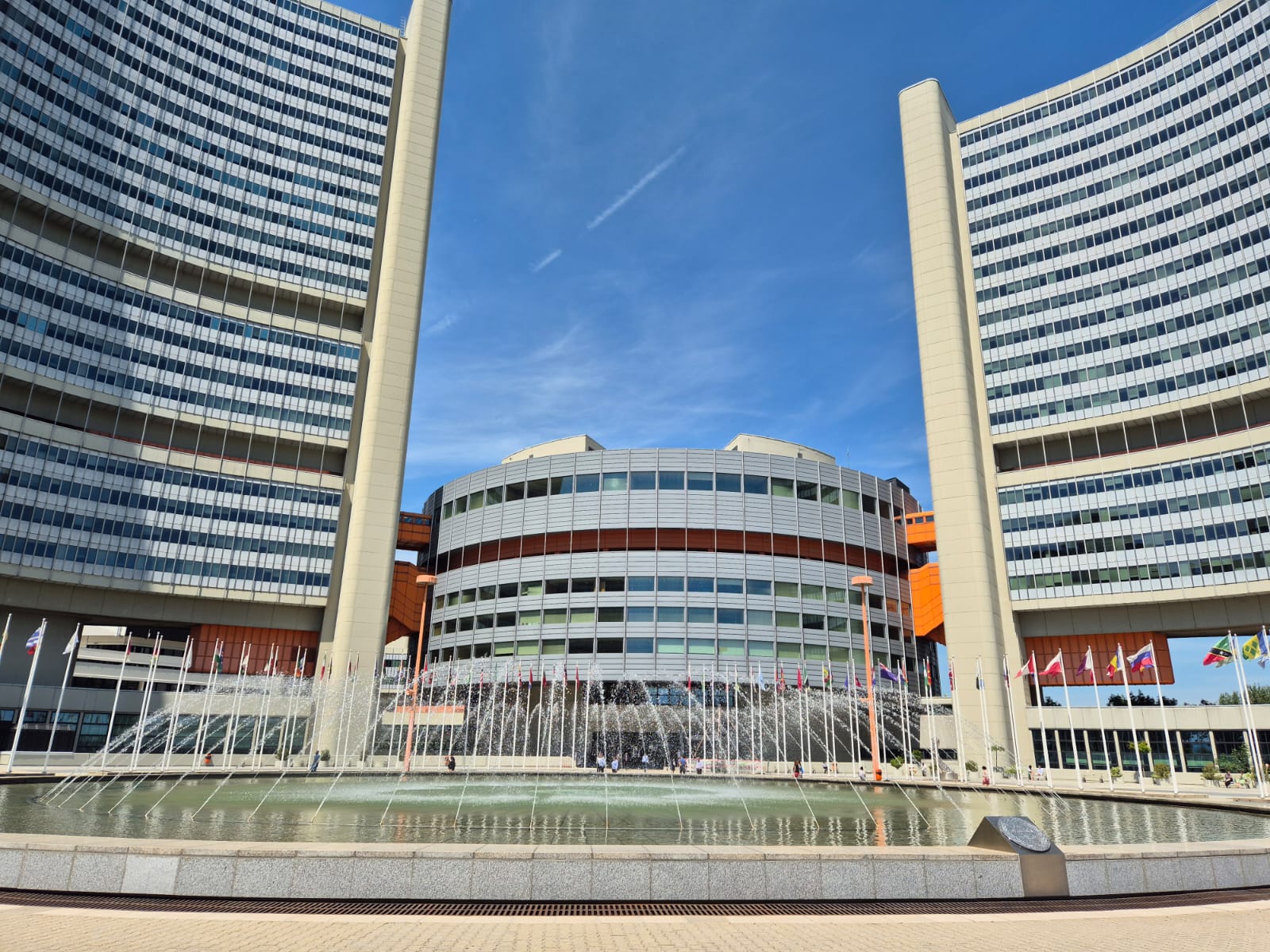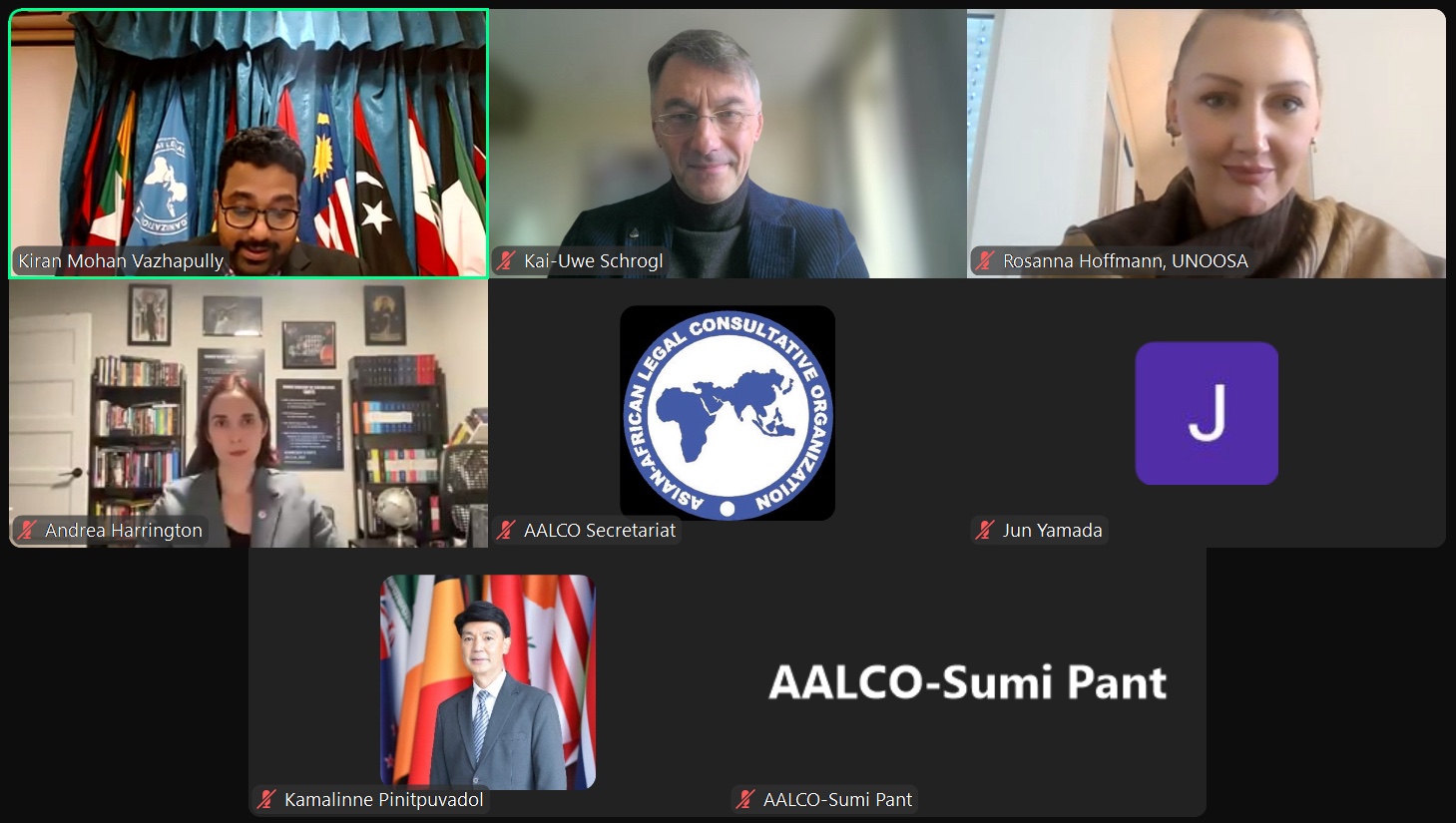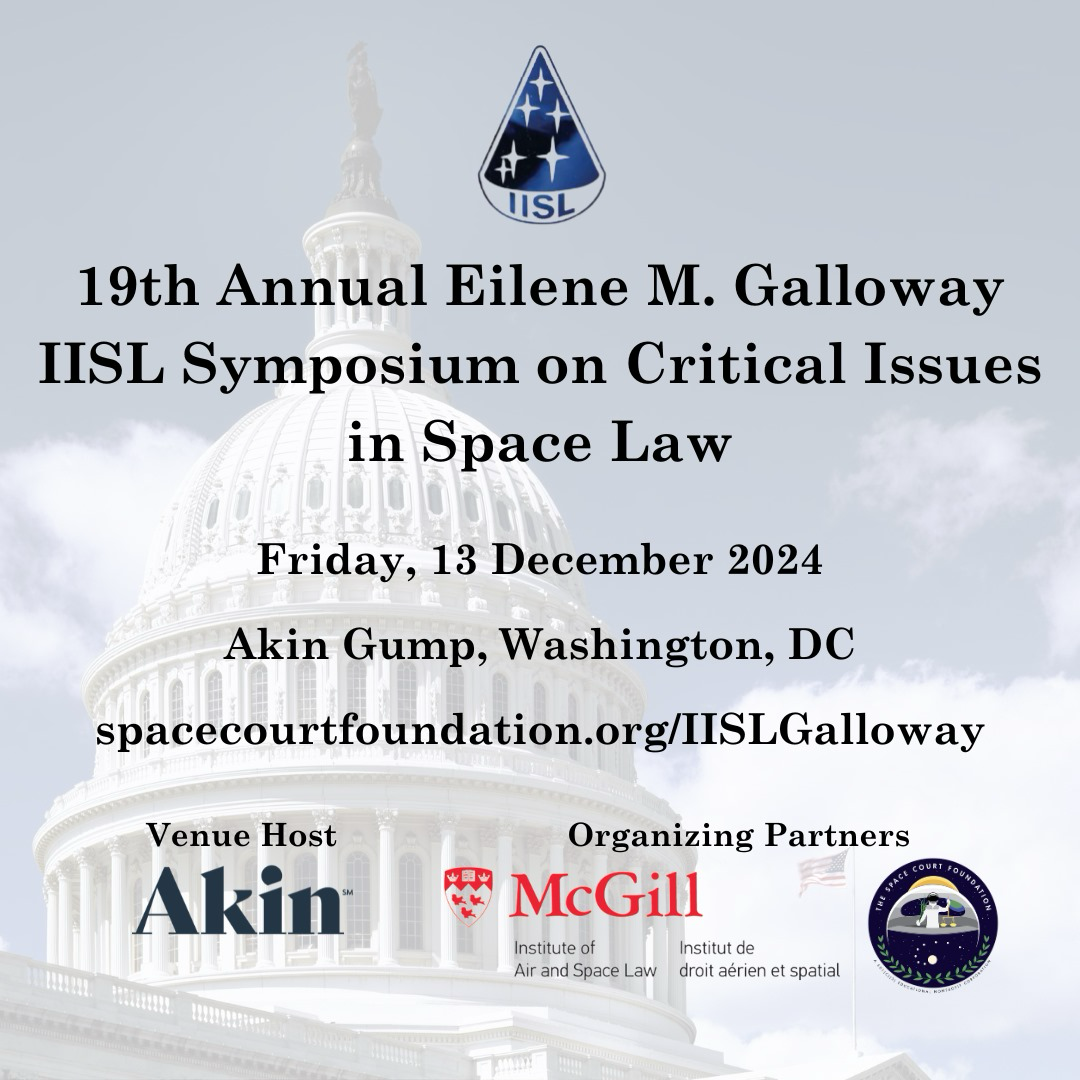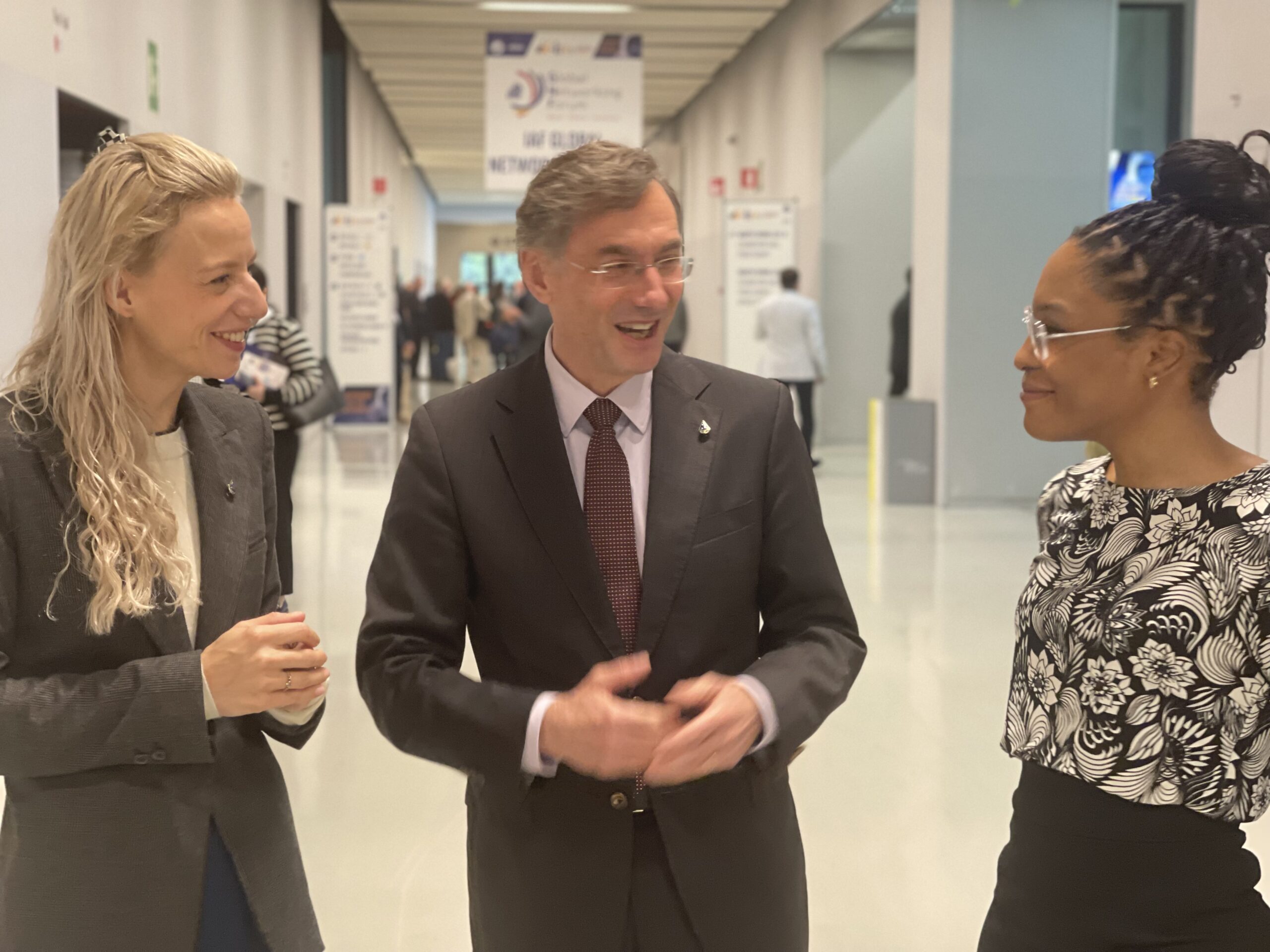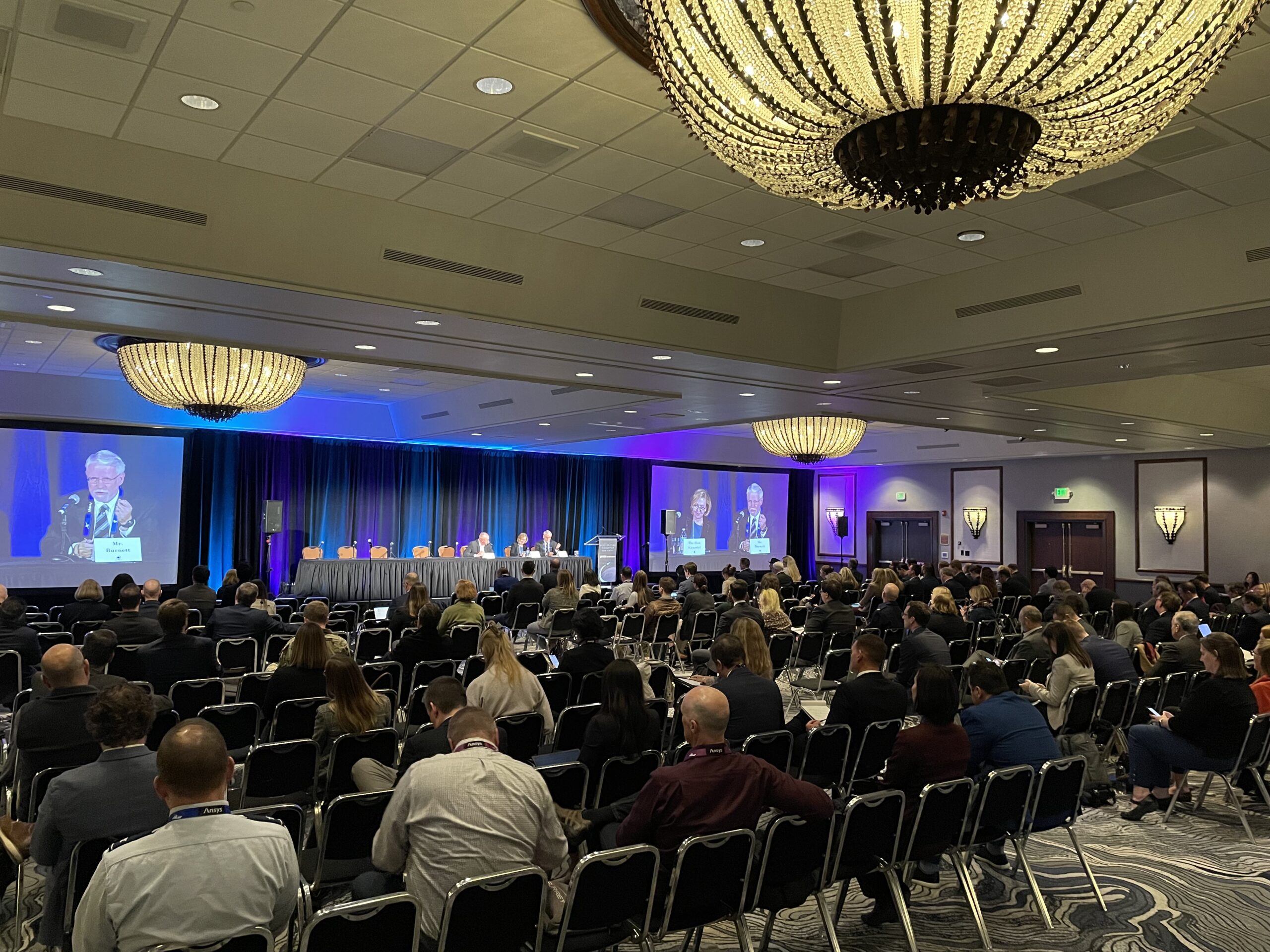IISL President speaks at UN Conference on Space Law and Policy
21 November 2024. IISL President Kai-Uwe Schrogl was invited to speak today at the 2024 United Nations Conference on Space Law Policy in Vienna, Austria, taking place from 19 to 21 November 2024. The UN Conference on Space Law and Policy is part of a long-standing series of capacity-building organizing Read more
